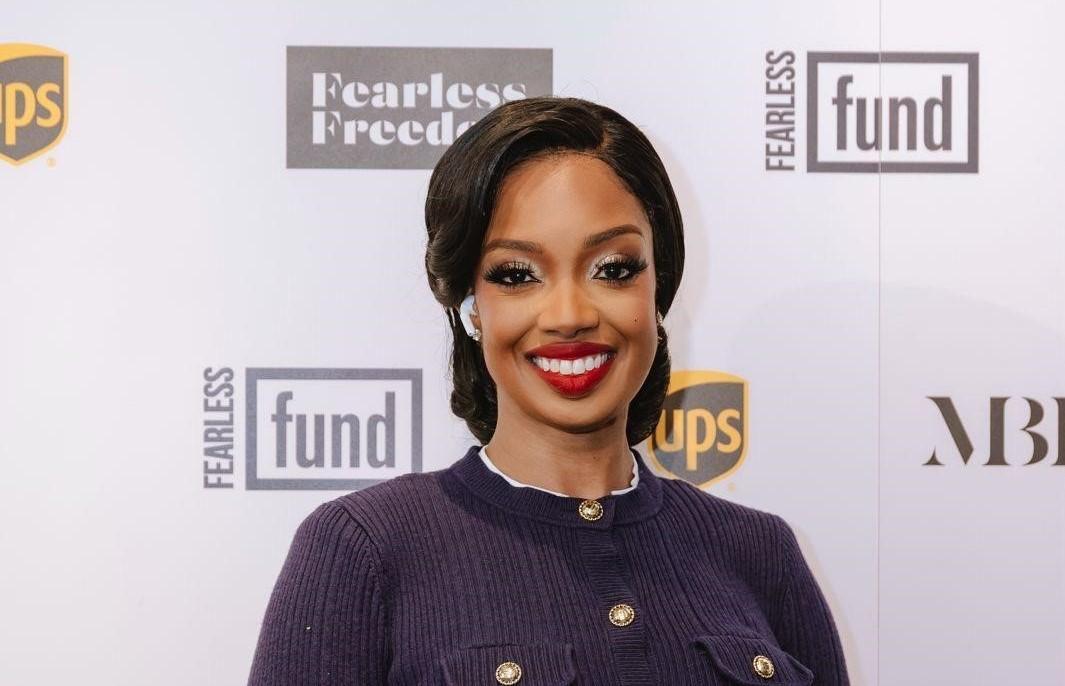Africa-Press – Ghana. Economic inclusion is not charity. It is justice. It is the recognition that every community, regardless of color, class, or geography, deserves proportional access to opportunities in the global economy.
For centuries, systems of exclusion, rooted in colonialism and reinforced through structural bias, have kept billions locked out of their fair share of capital, contracts, and resources. Economic inequality has too often been treated as inevitable when, in truth, it is intentional.
The numbers tell the story. According to the World Bank, more than 1.4 billion adults remain unbanked worldwide, with the majority in Sub-Saharan Africa and South Asia. This means entire families, communities, and businesses are unable to access the financial tools that drive economic security.
The International Monetary Fund reports that closing gender labour gaps could increase GDP by up to 35 percent in some countries, showing how much is lost when women are excluded from opportunity. And in specific national contexts, the disparities are staggering.
In Brazil, where more than 55 percent of the population identifies as Black or Afro-Brazilian, less than 0.5 percent of venture capital is allocated to them. In South Africa, where 80 percent of the population is Black, they receive less than 1 percent of comparable funding. In the United States, Black Americans represent 14 percent of the population but consistently receive under 1 percent of venture capital and government contracts.
These statistics are not random. They are the lingering fingerprints of colonialism and systemic exclusion that remain in place today.
This is why, on September 22, 2025, we convened the inaugural Fearless Global Initiative during the United Nations General Assembly in New York City. For years, I have said that conversation is not enough, and at this gathering, we proved that action is possible.
The event brought together Government officials, global CEOs, celebrities, and people of the arts in one room to design bold commitments that will shape the next century of global Black economic empowerment and inclusion. We did not gather to admire the problem. We gathered to engineer solutions.
The Fearless Global Initiative was built to bridge the worlds of culture, business, and policy in order to create structural shifts that will last beyond our lifetimes. Through working sessions, fireside conversations, and public commitments, we began to draft a 100-year blueprint for inclusive economic systems that are measurable, enforceable, and sustainable.
Commitments were made, stories were shared, and, most importantly, systems were held accountable. From equity audits in public budgets to proportional distribution of capital, the Fearless Global Initiative set a new standard for how advocacy translates into real-world economic transformation.
For me, this work is not only professional but deeply personal. It is the reason I established the Fearless Freedom Initiative, to stand in the gap where systems have failed and to build pathways toward justice. It is the same commitment that birthed the Fearless Freedom Economic Justice Acts, which propose that government contracts, development projects, and capital investments must reflect the demographics of the people they serve. These acts are practical models for how nations and cities can ensure proportionality in their spending. They are not aspirational. They are enforceable and they are necessary.
It is also this same dedication that led us to present a petition for global economic redress during the Fearless Global Initiative, with the aim of advancing it to the United Nations. The petition, inspired by the historic appeal of W.E.B. Du Bois in 1947, makes clear that economic exclusion is not only a policy failure but a human rights violation. It calls for the UN to recognize economic justice as central to peace, democratic sustainability, and global equity. We cannot afford to repeat history’s mistake of silence. To deny economic justice is to perpetuate colonial wounds under the guise of neutrality.
The work is not easy. At times, we are told that inequality is too big to fix or that markets alone will correct themselves, but inequality is not natural. It is the direct result of choices made by governments, corporations, and institutions that refuse to distribute resources proportionally. These choices can be unmade. New choices can be made. And through global collaboration, they must be.
Governments must begin by conducting equity audits of their budgets and disclosing who benefits from public spending. Corporations must track who they fund and who they exclude, then align their investments with the diversity of their customers and communities. International bodies must establish accountability frameworks that place economic inclusion at the center of human rights. None of this is about favoritism. It is about fairness. It is about recognizing that if communities are the backbone of economies, then they must also share in the rewards.
As Queen of Dawa Grand Bereby in Côte D’Ivoire, as CEO & Founding Partner of the Fearless Fund, I have seen firsthand the barriers that communities face and the transformative power of inclusion when those barriers are lifted. I have secured investments for women of color through partnerships with institutions like J.P. Morgan Chase, Mastercard, and PayPal Ventures, and I have worked alongside governments to create pathways for opportunity. Yet I know that none of this is enough until the systems themselves are restructured to reflect justice.
This is more than a policy debate. It is a moral imperative. On God’s green earth, no child should inherit exclusion, no nation should carry the burden of imposed poverty, and no people should remain locked out of opportunity because of history’s unfinished business. Economic inclusion is not a gift to be granted. It is a right to be restored.
The Fearless Global Initiative was just the beginning. The petition to the United Nations is the continuation. And the future is clear. Economic inclusion must be for all, everywhere. Anything less is unacceptable.
HM Queen Wa Arian Simone, CEO & Founding Partner, Fearless Fund
Source: Ghana News Agency
For More News And Analysis About Ghana Follow Africa-Press







